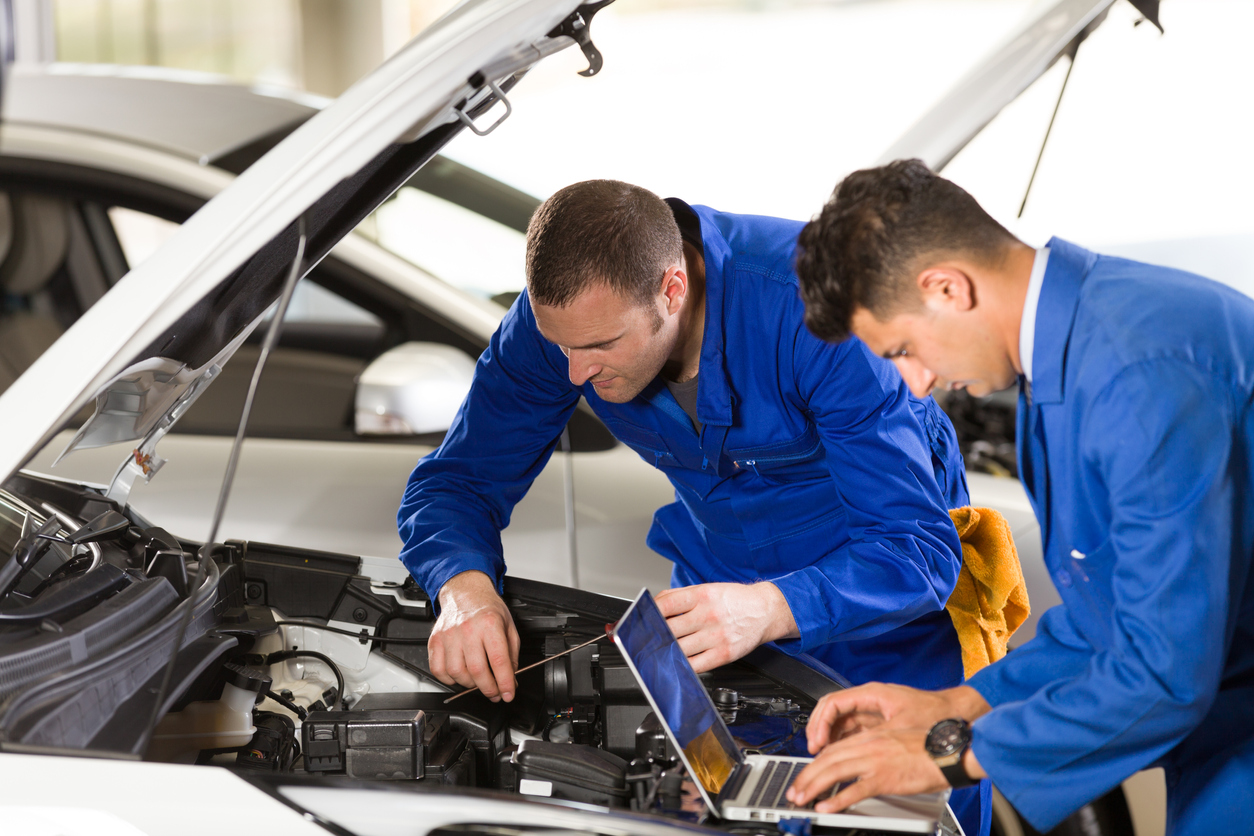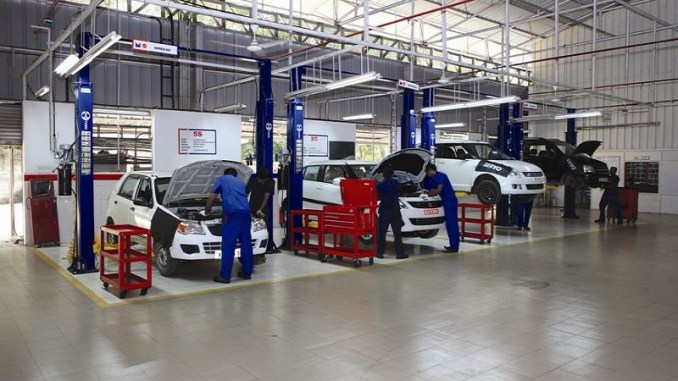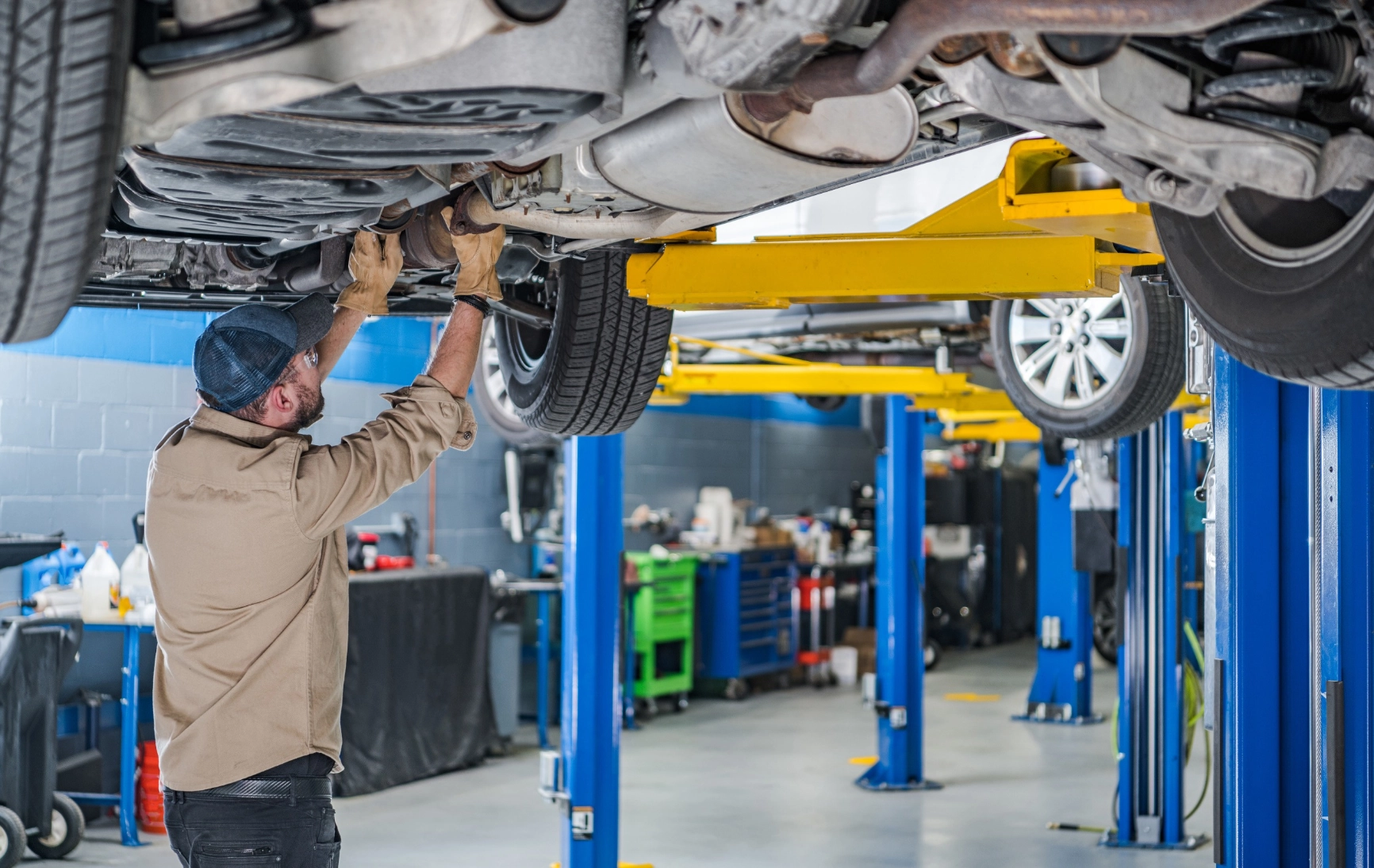All Categories
Featured
A well-maintained engine is the crucial to your auto's durability and height efficiency. Routine engine tune-ups not only improve fuel performance but also minimize the likelihood of unanticipated break downs. Whether you're an auto lover or a person who just intends to avoid costly repairs, these engine tune-up pointers will keep your vehicle running like a dream.

- Replace the Spark Plugs. The spark plugs spark the air-fuel mix in your engine, and their effectiveness directly influences engine efficiency. Gradually, stimulate plugs can wear, bring about misfires, reduced gas economic climate, and slow-moving acceleration.
During a tune-up, examine and change ignition system if they show signs of wear, such as residue buildup, corrosion, or cracks. Depending upon your vehicle, ignition system may require to be changed every 30,000 to 100,000 miles.
- Check the Ignition System. Your cars and truck's ignition system, which includes the ignition coils, representative, and cables (if applicable), is in charge of delivering the trigger that powers your engine. Faulty ignition elements can trigger beginning problems and harsh engine operation.
Look for damaged or used parts and replace them throughout your tune-up. Making certain a healthy and balanced ignition system will improve engine dependability and efficiency.
- Tidy or Change the Air Filter. A clean air filter permits your engine to "take a breath" effectively by making certain a stable flow of tidy air. Over time, dirt and particles can block the filter, lowering airflow and affecting gas performance.
Examine the air filter throughout a tune-up and replace it if it's dirty. For chauffeurs in messy or contaminated areas, air filters might need to be changed much more often.
- Examine and Tidy the Gas System. The fuel system, consisting of the gas injectors, gas pump, and gas lines, can build up deposits gradually, reducing gas shipment and engine performance. Utilize a fuel injector cleaner or have your system skillfully cleansed during a tune-up to restore appropriate performance.
Frequently preserving your fuel system guarantees much better combustion and optimizes your engine's effectiveness.

- Adjustment the Engine Oil and Oil Filter. Engine oil is essential for lubrication, cooling, and reducing rubbing in between relocating components. With time, oil degrades and builds up debris, shedding its effectiveness.
During a tune-up, replace the engine oil and oil filter. Complying with the producer's suggestions for oil type and modification intervals is crucial to keeping your engine in ideal problem.
- Check the Belts and Hose pipes. The belts and hoses in your engine area play essential functions in powering elements like the alternator, water pump, and cooling system. Damage over time can cause fractures, fraying, or leakages.
Inspect the problem of belts and pipes throughout your tune-up and change any kind of that reveal indications of damage. Proactively dealing with these concerns can prevent expensive repair work and unforeseen breakdowns.
- Test the Battery and Electric System. A weak or failing battery can leave you stranded. During your tune-up, test the battery's voltage, examine the terminals for corrosion, and make certain the links are tight.
In addition, have the generator and starter checked to guarantee they're working appropriately. Dealing with electrical system issues early can save you from inconvenient surprises.
- Examine the Cooling System. The cooling system prevents your engine from overheating, which can trigger severe damage. Throughout a tune-up, check the radiator, hose pipes, and water pump for leaks or wear.
Flush and replace the coolant if it's filthy or has actually exceeded its recommended solution life. Appropriate air conditioning system upkeep helps your engine operate within its ideal temperature level variety.
- Address Dashboard Caution Lights. Modern automobiles are outfitted with advanced diagnostic systems that brighten cautioning lights when problems occur. If your control panel displays any type of cautioning lights, such as the check engine light, address them throughout the tune-up.
A professional technician can utilize diagnostic tools to recognize and repair the trouble, preventing little issues from rising.
- Keep Your Engine Clean. A tidy engine runs cooler and is simpler to evaluate for potential problems. Remove dust, oil, and grime from your engine bay during a tune-up. Utilize a degreaser and a gentle brush for cleaning, and prevent splashing water directly on electrical parts.
Conclusion: Tune-Ups Are the Trick to Engine Durability. Normal engine tune-ups are a financial investment in your car's wellness, performance, and efficiency. By changing used components, cleansing essential systems, and dealing with concerns early, you'll ensure your vehicle remains trustworthy for years to find. Whether you're taking on the tune-up yourself or taking your vehicle to a trusted auto mechanic, following these tips will keep your engine going for its finest and aid you avoid unanticipated fixings. A well-maintained engine doesn't just conserve you cash-- it assures comfort when traveling.
Latest Posts
Boost Your Home's Outside with Weathercraft's House siding Solutions
Secure Your Financial Investment with Specialist Rain Gutter Installment
Choosing the Right Roofing Shade: Influence On Power Efficiency
More
Latest Posts
Boost Your Home's Outside with Weathercraft's House siding Solutions
Secure Your Financial Investment with Specialist Rain Gutter Installment
Choosing the Right Roofing Shade: Influence On Power Efficiency
